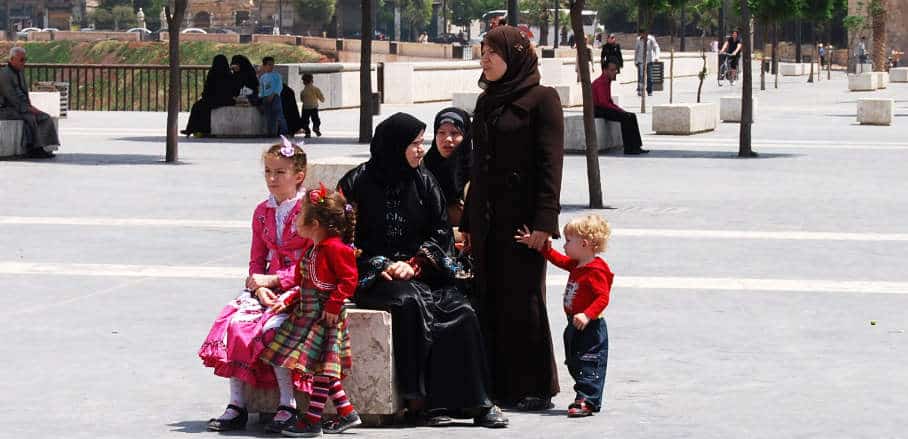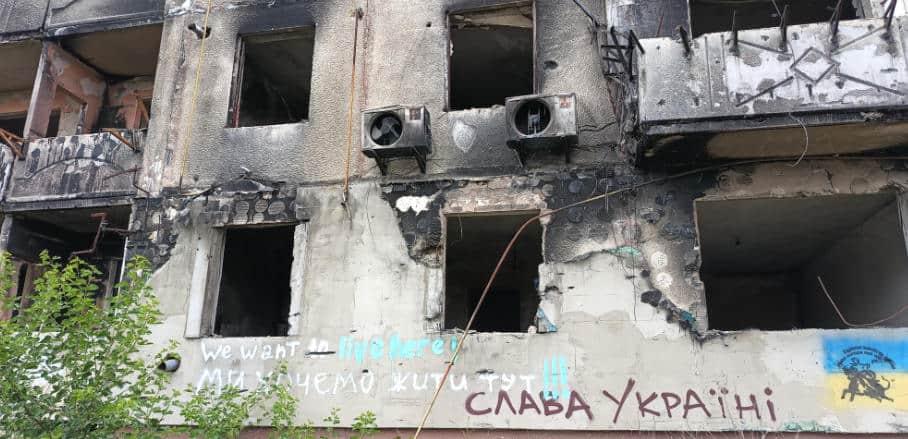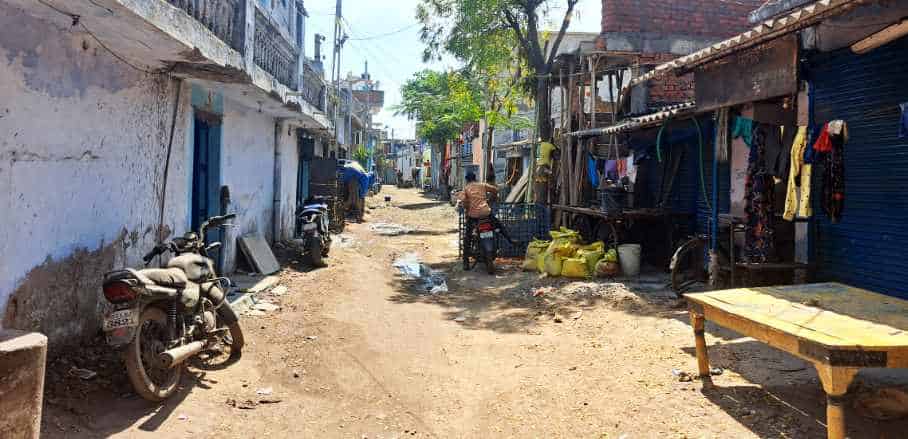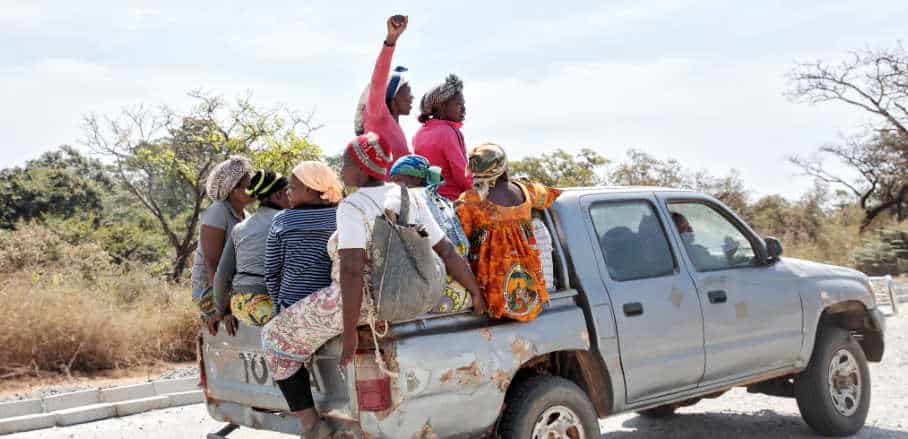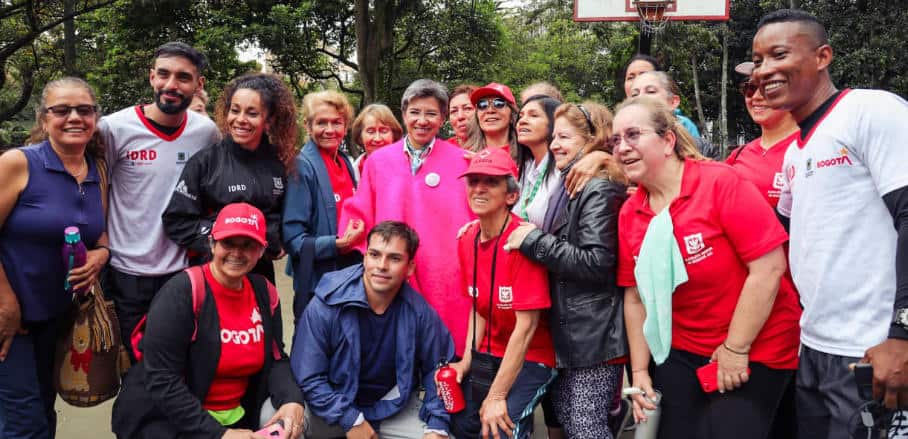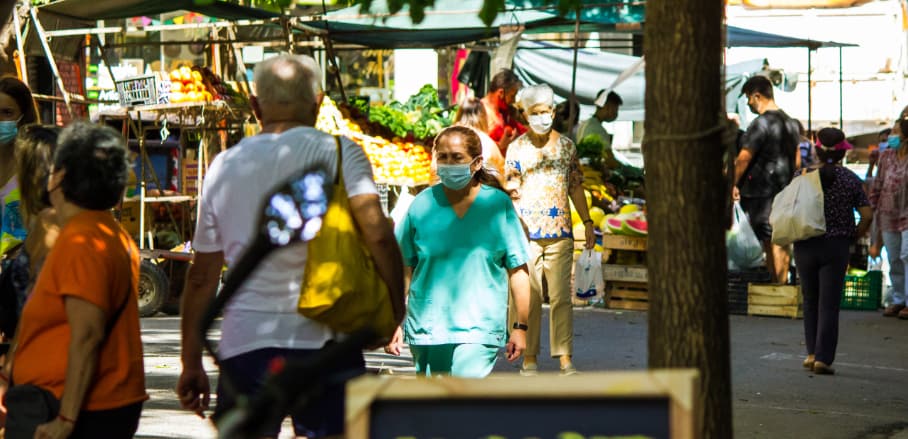Healing the Wounds: How Public Spaces Foster Peace and Rebuild Communities in War-torn Aleppo
During the war, public spaces can be drivers for resilience. Ghada Rifai explores the transformative potential of public spaces in post-conflict cities through the example of Aleppo in Syria.
Supporting Inclusive and Sustainable Urban Recovery Planning in Ukraine to ‘Build Back Better’
As Ukraine’s cities are already starting to build back, UNITAC supports them with evidence-based recovery planning and a people-centred approach to foster resilient and inclusive reconstruction.
Women’s Collective Power: Driving Responsible Urban Development
India is rapidly urbanising. However, the disparities that affect the poor and marginalised are glaring. Bijal and Chirayu Brahmbhatt discuss aspects of addressing these inequalities through women-led approaches towards a better future for all.
The Power of Data – Making Transport Systems in Africa More Equitable
In Africa, gender-specific mobility needs are rarely considered in public transport due to a lack of data. Ariadne Baskin on the need to establish a more feminist transport system.
Bogota: Centring Women’s Care Work as a Core Municipal Function
In Bogota, Care Blocks are transforming the lives of unpaid caregivers, providing essential services and empowerment. Prabha Khosla explores the empowering impact of these initiatives and the path towards gender-inclusive cities.
Feminist Urbanism – Confronting Patriarchal Living Conditions in Urban Spaces
Feminist urbanism is a concept that challenges the inequality in cities that particularly affects women among other marginalised groups. Ana Falú preps us with knowledge on how to overcome the patriarchal living conditions constituting our urban environment so far.
